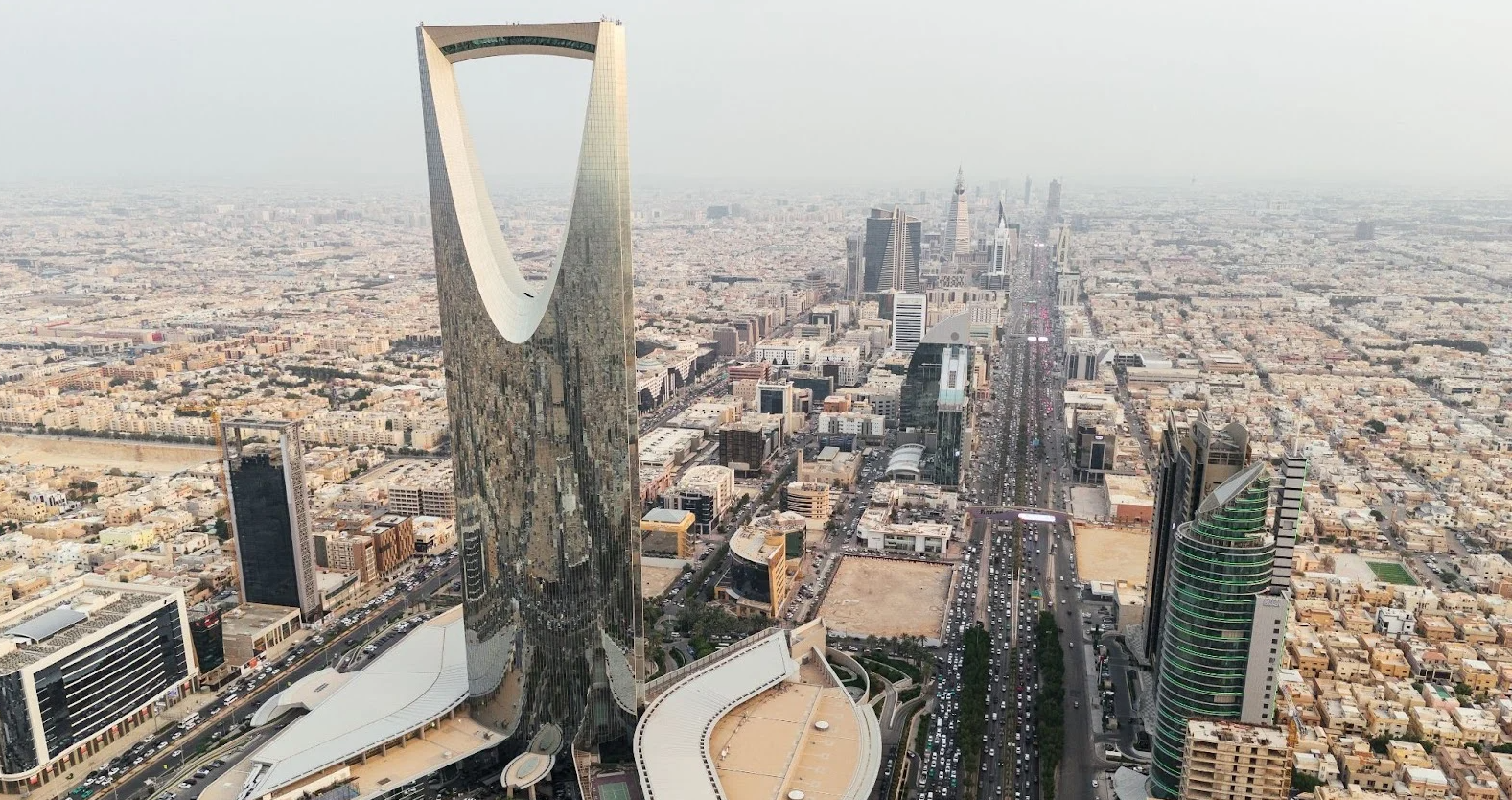

Saudi Arabia’s hospitality story is shifting from vision to velocity. Indeed, its market is undergoing a remarkable transformation. Fueled by Vision 2030, an ambitious plan aims to diversify the economy and position the kingdom as a global tourism destination. Observing this evolution firsthand, what was once a niche sector is now vibrant for investors seeking growth. Moreover, visitor numbers have already surpassed 100 million ahead of schedule, with a new target of 150 million by 2030. Therefore, the market is not just about figures, but about crafting an entirely new narrative for the kingdom. Yet, with opportunity comes complexity, and investors must weigh high upside against execution and maturity risks.
Historically, Saudi Arabia’s hospitality sector served primarily business travelers and religious tourism. Now, with international leisure travel opening, the landscape has shifted dramatically. Destinations such as NEOM, Red Sea Project, Qiddiya and Al-Ula are now tangible high-profile developments attracting global attention. These mega-projects combine world-class resorts with entertainment, culture and luxury hospitality ecosystems, signaling a market ready for strategic participation. Hence, the question is no longer ‘if’ opportunities exist, but how best to engage.
Saudi Arabia’s emerging investment pathways
The diversity of investment vehicles today is striking. For instance, public-private partnerships (PPPs) allow investors to leverage government-backed projects while contributing to hotel and resort development. Similarly, real estate investment trusts (REITs) focused on hospitality provide exposure to high-quality assets without direct management, offering liquidity and steady returns. Additionally, venture capital and private equity are entering niche areas such as boutique hotels, wellness resorts and tech-driven solutions. For those spending time in the region, it is inspiring to witness appetite for properties combining luxury with cultural storytelling. Consequently, investors are funding experiences, local partnerships and digital innovation rather than simply rooms.
The Public Investment Fund plays a central role through giga-projects like Red Sea Global and Diryah. Meanwhile, the Tourism Development Fund supports luxury projects through guarantees, mezzanine finance and equity co-investment. Moreover, Musataha and usufruct agreements unlock land for development without outright sale, providing secure tenure while the state retains ownership. Collectively, these mechanisms reduce risk and facilitate entry for both domestic and international investors.
Saudi Arabia’s opportunities on the horizon
Luxury and lifestyle brands remain in strong demand. Consequently, co-branding and franchising arrangements offer attractive entry points while mitigating operational risk. Experiential and niche segments such as wellness tourism, adventure travel and heritage-inspired resorts are increasingly sought after, catering to visitors seeking authentic experiences. Furthermore, technology-driven hospitality solutions, from AI-powered services to app-based concierge platforms, are redefining efficiency and guest engagement, offering early movers a competitive edge.
Government-backed tourism initiatives ensure long-term structural growth. With millions of tourists expected annually by the mid-2030s, early-stage investments in hotels, management services and ancillary sectors such as F&B, entertainment and logistics are likely to yield substantial returns.
A personal reflection
What strikes me most is the balance between ambition and authenticity. Saudi Arabia is creating world-class tourism hubs while honoring its culture, heritage and the human element of hospitality. For investors, this duality offers a chance to generate returns while contributing to a transformative socio-economic journey. Therefore, the market is not merely about building hotels, but about shaping experiences that resonate globally while preserving a distinctly Saudi identity.
In conclusion, the future of Saudi Arabia’s hospitality market is rich with possibilities. Emerging vehicles such as PPPs, REITs and private equity, alongside opportunities in luxury, experiential tourism and tech-driven solutions, offer multiple pathways for investors. Approached with strategic insight and cultural sensitivity, the Kingdom is not just a destination; it is a frontier for innovation, collaboration and long-term growth. Indeed, this marks the start of one of the most compelling hospitality stories of our time.

Dagmar Symes,
CEO
Al Hamra Oasis Village Compound
@symesdagmar






